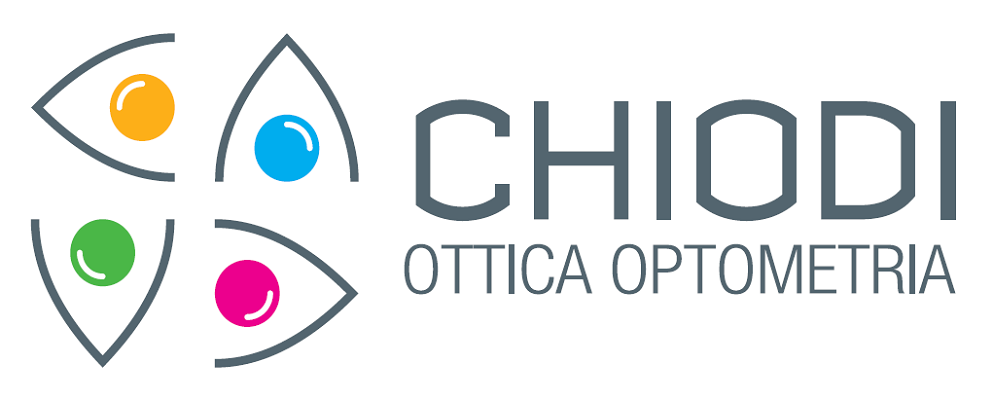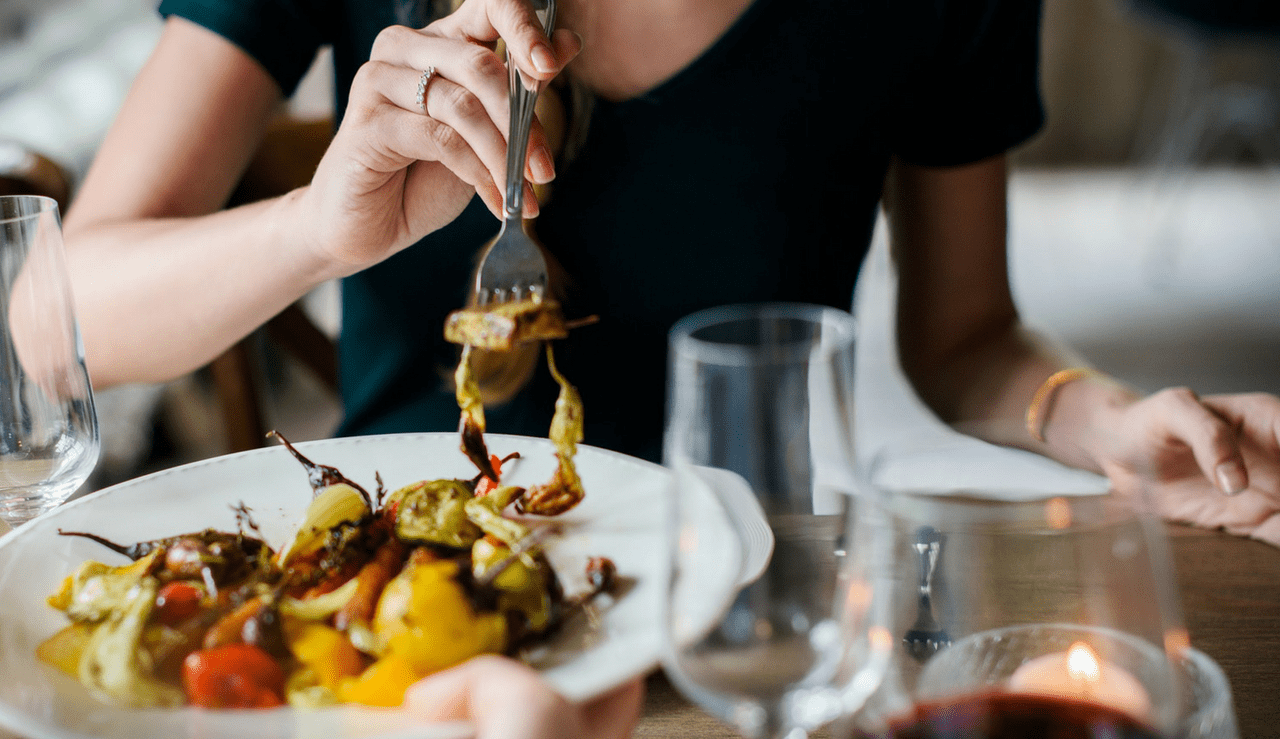Food for eyes: keep your eyes healthy and so your body
Do you want to start a new diet to restore your waistline for the costume test? Great! But first, go to the ophthalmologist!
Yes, we are serious! A visit to the ophthalmologist might turn out to be a good first step to understand how you should regulate your diet not only for the health of your eyes but also for the much feared costume test. As a matter of fact, the ophthalmologist will be able to detect in the first instance some pathologies during his eye examination such as accumulation of bad cholesterol which could obstruct the complex of veins and capillaries that nourish your eyes, thus preventing their perfect and efficient operation.
What it follows is that by adopting a healthy diet for your eyes will trigger a 'trickle-down' effect which will bring benefits to the whole organism.
Think about foods like oily fish which contains unsaturated oil rich in triglycerides and hence good cholesterol which cleans veins and capillaries up improving blood circulation which supplies to the eyes all nutrients and which also improves the whole body's metabolism. Or think about carrots which protect the cornea with their vitamin A intakes, prevent the eyes from developing a macular degeneration and at the same time, thanks to their content in alpha and beta carotene, promote tanning and exert a photoprotective effect on the skin.

However, the number one enemy of our eyes is aging just like all of the other organs of our body. In fact, the attrition and oxidation characterized by free radicals attacking body cells tend to deprive them of their vitality. The regeneration of our cells tends to slow down as we get on, as a consequence our vision can get worse over time. The good news is that we can counter the vision decline with the right diet.
What are the foods and nutrients for eyes?
The scientific research has already identified a series of nutrients which eyes benefit from: antioxidants, lutein, omega 3 saturates, zinc, zeaxanthin, beta-carotene, vitamins A, C, D and E.
The nutrients listed above are included in the list of foods we are rolling out below:
- Yellow and orange fruits and vegetables: peaches contain vitamin C and zeaxanthin and so do yellow and orange peppers. While carrots, sweet potatoes, pumpkin and melons contain large amounts of beta-carotene.
- Dried fruit: it is a precious source of antioxidants and vitamin E.
- Berries: strawberries, blueberries and blackberries are important helpers in controlling blood pressure.

- Green leafy vegetables: curly kale is the largest source of lutein but also of zeaxanthin and so are the spinach. Lutein and zeaxanthin reduce the risk of macular degeneration.
- Citrus fruits: their vitamin C enables them to exert a strong countering action on free radicals and contributes to the good functioning of the optic nerve.
- Eggs: rich in omega 3 saturated and lutein, they are really important for eyes.
- Fish: rich in omega 3 saturated (sardines, herring, spatula, cod, etc.).
- Dark chocolate: contains vitamin A that protects eyes from macular degeneration, copper that protects the optic nerve and flavonoids that slow down the oxidative process of eyes.
- Tea and red wine: like dark chocolate, they contain flavonoids that counteract the oxidative process of eyes.
- Garlic: rich in antioxidants which prevent eye diseases

Unfortunately, sometimes we do not have time to cook because of our frenetic life so it is not always easy to follow all the pieces of a diet provided by a doctor.
So, what can we do to keep our eyes in ‘good shape’? The good news is that nutrients such as unsaturated oil can also be taken in form of pills which improve the functioning of the vascular circulation and, therefore, the complex of veins and capillaries that nourish our eyes. Among other things on the market, tablets and capsules of antioxidant supplements are also available which if taken in the right quantities will contribute to the maintenance and improvement of ocular health.
'Light' food? It is not always the best choice for our eyes
Raise your hand if you do not take a peek at the labels and ingredients of the food you buy in the supermarket with the intent to avoid food with high fat percentages by always selecting the 'light' versions. Most of us believe that eating light is healthier and that there are certain foods that simply should be excluded from the list of our food preferences. There is even the tendency of many 'salads' lovers to avoid dressing their salads with olive oil!

Yet, although salads are a precious source of vitamins and antioxidants, these substances can not be absorbed by our body if not accompanied by vegetable fats that allow their dissolution and activation as they are fat-soluble. Therefore, extra virgin olive oil is an indispensable ingredient in salads because it is able to 'activate' the nutrients and antioxidants present in vegetables, hence making it possible for our body and our eyes to enjoy their benefits.
Following a balanced diet rich in antioxidants and in all the essential nutrients for the well-being of our eyes will benefit the whole body, so this year instead of taking care of your waistline, put your eyes in good shape firts and enjoy the aesthetic benefits that go through all the way down into your body!
Enjoy your meal!
{loadmodule mod_emailit,Share Buttons by E-MAILiT}
{loadmodule mod_social_comments_sharing,Ordasoft Social Comments and Sharing Free}


